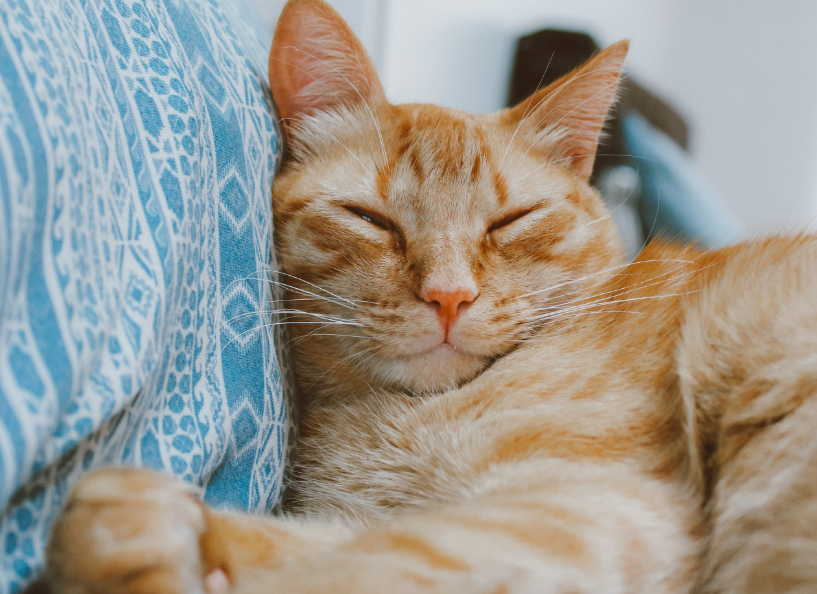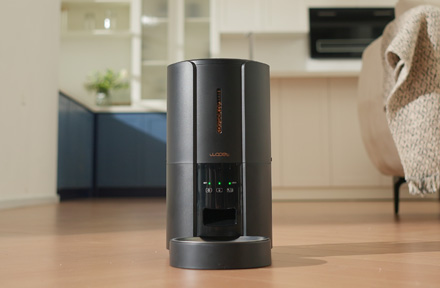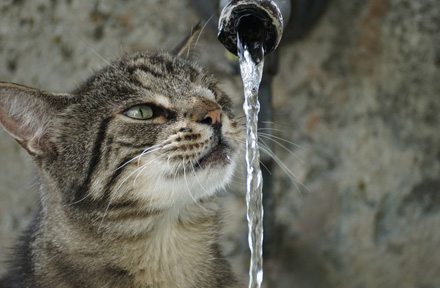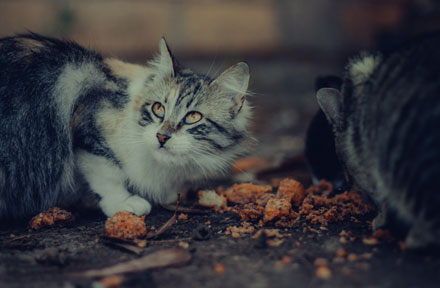
Cats have long been cherished as loving, independent, and curious companions. One of the most common questions cat owners ask is, How long do cats live? The answer depends on several factors, including genetics, environment, diet, and veterinary care. On average, cats live between 12 to 18 years, but some can live well into their 20s and even 30s with proper care. In this article, we will explore the different factors that influence feline lifespan, the differences between indoor and outdoor cats, and what you can do to help your cat live a long, healthy life.
Average Lifespan of a Cat
The lifespan of a cat can vary widely, but generally:
-
Indoor cats: 15–20 years (some live even longer)
-
Outdoor cats: 2–7 years (due to risks like accidents and diseases)
-
Mixed lifestyle (indoor-outdoor): 10–14 years (depending on care and exposure)
-
Longest recorded cat lifespan: 38 years (A cat named Crème Puff holds the Guinness World Record for the longest-living cat, passing away at 38 years old!)
While these are average figures, many cats surpass these numbers with proper care, genetics, and a safe environment.
Factors That Affect a Cat’s Lifespan
Several key factors influence how long a cat will live:
1. Indoor vs. Outdoor Lifestyle
One of the biggest determining factors in a cat's lifespan is whether they live indoors or outdoors.
-
Indoor Cats: Cats that stay inside are protected from dangers like traffic, predators, harsh weather, and diseases. As a result, they tend to live much longer.
-
Outdoor Cats: Cats that roam outside face significant risks, including being hit by cars, attacks from other animals, exposure to toxins, and contracting diseases.
-
Indoor-Outdoor Cats: Some cats split their time between indoors and outdoors, which exposes them to some risks but still allows them to live longer than fully outdoor cats.
2. Breed and Genetics
Certain breeds tend to live longer than others. For example:
-
Longer-Lived Breeds: Siamese, Burmese, Ragdolls, and Russian Blues often live up to 20 years or more.
-
Shorter-Lived Breeds: Some breeds, like Maine Coons and Bengals, may have shorter lifespans due to genetic predispositions to health issues.
However, genetics alone doesn’t determine lifespan—environment and care play a significant role.
3. Diet and Nutrition
A well-balanced diet is essential for longevity. Cats need high-quality protein, vitamins, and minerals to stay healthy. Factors that influence their nutrition include:
-
High-Quality Food: Feeding your cat a nutritious diet can help prevent obesity, diabetes, and kidney disease.
-
Avoiding Toxic Foods: Foods like chocolate, onions, grapes, and raw fish can be harmful.
-
Portion Control: Overfeeding leads to obesity, which significantly shortens a cat’s lifespan.
4. Veterinary Care
Regular veterinary check-ups can help detect diseases early, improving the chances of successful treatment. Preventative care includes:
-
Vaccinations: Protect against deadly diseases like feline leukemia (FeLV) and feline immunodeficiency virus (FIV).
-
Routine Check-Ups: Yearly exams can catch early signs of kidney disease, diabetes, or dental problems.
-
Parasite Control: Fleas, ticks, and worms can cause severe health issues if not treated.
5. Spaying and Neutering
Spayed and neutered cats tend to live longer than those that are not. This is because:
-
Reduced Cancer Risk: Spaying reduces the risk of ovarian and uterine cancers, while neutering lowers the chances of testicular cancer.
-
Less Roaming: Intact (unfixed) cats are more likely to roam and get into fights or accidents.
-
Behavioral Benefits: Neutered males are less aggressive and less likely to spray urine or fight.
6. Mental Stimulation and Exercise
Keeping your cat physically active and mentally engaged can improve its overall health. Ways to ensure your cat stays active include:
-
Interactive Toys: Puzzle feeders, laser pointers, and feather wands.
-
Climbing Structures: Cat trees and shelves encourage exercise.
-
Playtime: Regular play with your cat reduces boredom and keeps them fit.
7. Stress and Environment
A stress-free environment contributes to a longer life. Factors that reduce stress include:
-
A Safe Home: Avoid loud noises, aggressive pets, or unpredictable changes.
-
Comfortable Sleeping Areas: Cats need cozy spots to rest.
-
Multiple Resources: If you have multiple cats, provide separate litter boxes, food bowls, and hiding spots.
Signs of Aging in Cats
As cats age, they show different signs of getting older, including:
-
Less Activity: Older cats sleep more and play less.
-
Weight Changes: Some lose weight, while others gain due to decreased metabolism.
-
Dental Problems: Gum disease and tooth loss are common.
-
Arthritis: Difficulty jumping or moving.
-
Changes in Behavior: Some cats become more vocal or affectionate as they age.
Recognizing these signs early allows for better management of your cat’s health.
Tips for Helping Your Cat Live Longer
If you want your feline friend to live a long, healthy life, follow these tips:
-
Keep Your Cat Indoors – This significantly increases their lifespan.
-
Feed a High-Quality Diet – Avoid cheap, low-nutrient cat food.
-
Schedule Regular Vet Visits – Early detection of diseases saves lives.
-
Maintain a Healthy Weight – Obesity shortens a cat’s lifespan.
-
Provide Mental Stimulation – Play with your cat daily.
-
Keep Up with Vaccinations and Parasite Control – Prevents infections and diseases.
-
Spay or Neuter Your Cat – Reduces the risk of cancer and roaming behavior.
-
Give Lots of Love and Attention – A happy cat is a healthy cat!
Final Thoughts
While the average cat lives between 12 and 18 years, many factors influence lifespan. Cats that receive proper care, high-quality food, regular veterinary visits, and a safe environment often live much longer than expected. Some lucky cats even reach their 20s or 30s!
If you want your cat to have the best chance at a long and happy life, providing a loving, safe, and healthy home is key. With the right care, your feline companion can be by your side for many wonderful years!





